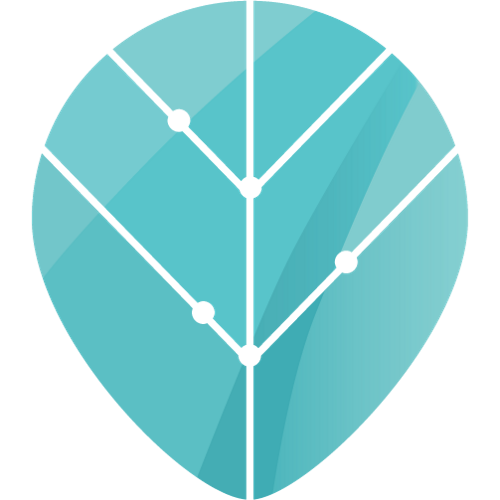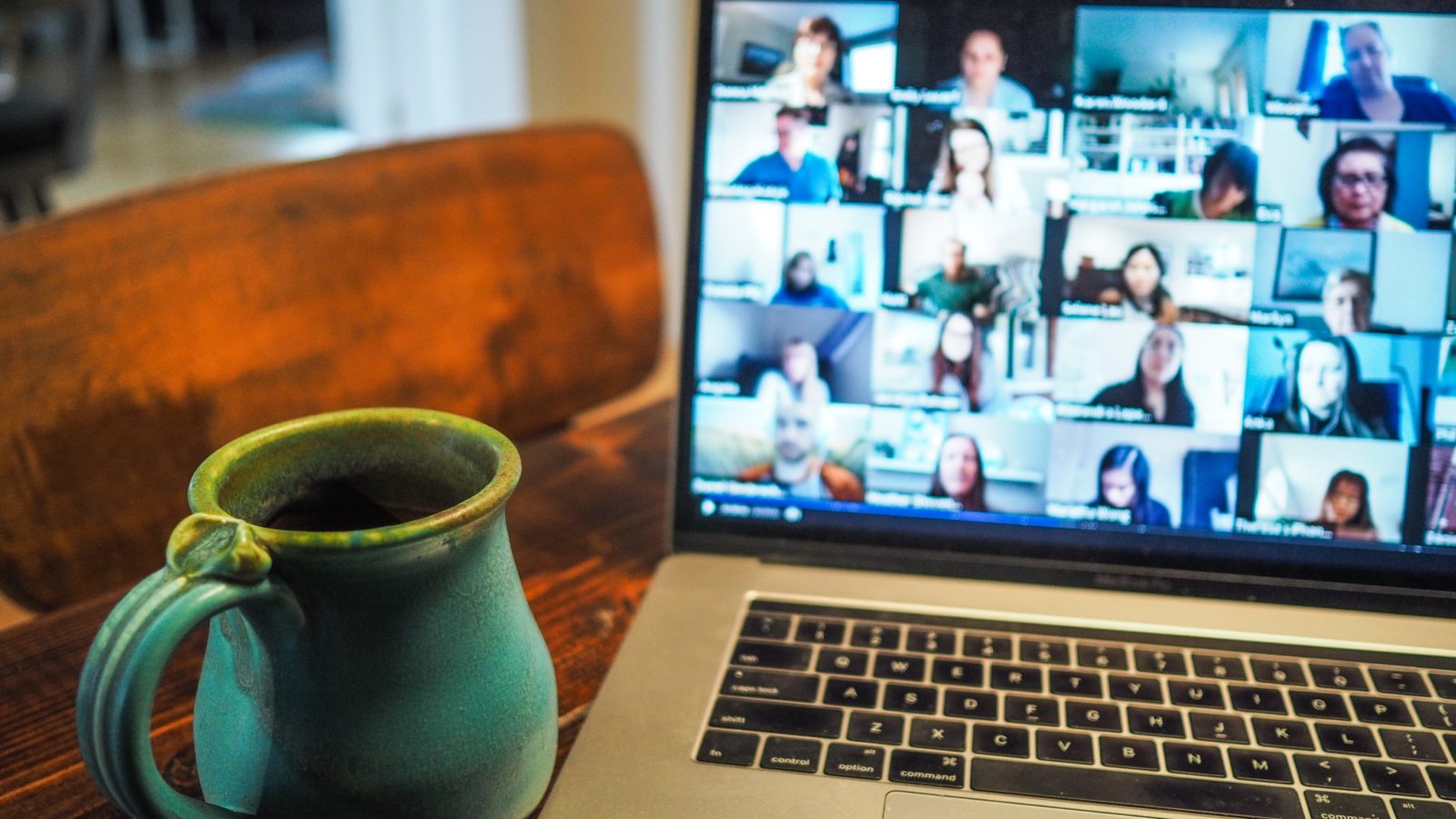Professionally, Verticurl’s CS Team acts as the client’s trusted advisor on business strategy and campaign initiatives while the Data and Tele Team is all about lead generation. The recent months have been tough on all and we thought of catching up with the teams to find out how the Coronavirus affected them personally as well as professionally. Here are some insights:
Incorporating well-being amid a pandemic
Vishnavi points out that the usual advice for well-being might not quite apply in these times. “We know that some ideas for looking after ourselves may feel unrealistic right now but here are the few things which I feel are most important for physical and mental well-being: Adapt and manage in times of change and uncertainty, be engaged with the world around you, live and work productively.”
While Sekar Sriram ensured to stay at home, he used technology to support everyone from home. “I made efforts to engage my family in daily exercise routines to keep them healthy.”
“In these trying times I make it a point to stay connected with my friends on video call,” says Sandhya C. “It keeps me sane. We are under lockdown but that does not mean self isolation. I like to do a bit of walking, it makes me feel fresh. I have started watching my diet as well.”
Preeth Vijayakumar has a three-point well-being agenda: “Eat healthy, differentiate between work and leisure time, and spend virtual time with close family.”
“The best method I have adopted to keep myself focused and stay well,” says Shweta Kumari, “is by keeping myself away from any negativity that has surrounded us through various social media platforms, news channels and other media. I have tried to totally unplug myself.” Spending a lot of time with her kids, Yoga, and proper sleep are the other things on her list. “We all have learned the harder way that a healthy body and mind is what we need at the end of the day and I am just trying to do so.”
“Sometimes just the thought of lockdown makes our mind dull and lazy,” adds Sandhya, “I got into physical activity to keep my mind fresh besides being active.”
It is all about teamwork, whether onsite or WFH
For Preeth accountability, teamwork and self-motivation are the keystones of successful work life. Shweta adds, “While I have unplugged myself from social media, I have increased my interaction with the team. Regular meetings and video calls are actually helping. I have found that as a team we are more connected and are better organised as we all know we are going through challenging times. Call it help in disguise but as a team we all find ourselves more connected with a common cause.”
The formula for Vishnavi is to: “Make virtual connections with the team, have a healthy to do list for the day and focus on quality of work.”
Learning from challenges
Work from home comes with its own set of hurdles though. Shweta felt keeping the focus on work and not stray from the work at hand was the biggest challenge. “It is easy to get entangled in various chores and noises of home—be it kids, pets or normal chores. I tried hard to fight this but eventually I learnt that there is no point fidgeting when your kids are in the same room as the one you are taking calls from, no point in hushing pets when you are talking, and no point in noticing every out of place thing in the home. We all are in the same boat and our clients, colleagues, friends all understand that we are working from home. Noises, distractions are part of a home life. So the best strategy is to manage what you can—that is manage the work with a plan and just stick to it. Rest of the things will fall into place!”
Remote working proved to be a challenge at the start for Sekar but reaching for best practises to see what works better in situations like this helped. “Utilising free conferencing tools and IM helped me to organise and deliver tasks on time,” he says. “Coordinating with teams who did not have proper internet connectivity was a challenge too. Since all our apps and tech are cloud based, it minimised a lot of problems.”
Preeth adds, “My main challenge was adjusting to WFH in the initial days. I made a workplace setup at home which is working well. Not meeting and speaking to people is difficult, I make calls instead of Skype chats where possible. This gives the same feeling as speaking in person.”
For Sandhya, most of whose team is based in the Philippines, distance is a way of life as she doesn’t get to meet them. “So there isn’t much of a change now that I am WFH but due to lockdown pressure we get on calls, talk to each other, sometimes not just about work. It makes us laugh and relax.”
On post-pandemic life
“What felt impossible earlier was proven wrong,” says Sekar. “For example, all physical events changed to virtual reducing a lot of cost, clients were available online and they had more time for emails and meetings, we were getting prompt approvals on deployments and launches, and our dashboards became daily calls, where we used the travel time to discuss account performance.” Achieving more every day, he says, makes the team feel “very productive” and the bonus was evenings free from work.
“This lockdown has taught us a precious lesson,” chips in Shweta, “life, body and relationship are the only thing we need to keep ourselves happy. In my personal life, I would be more focused on building a mind that is strong, more focused and keeping myself more fit. Work wise, I will keep working on meeting people more often, talk with people more than emailing and at the end of the day value the importance of human touch in all the things we do.”
Preeth agrees, “I’ll appreciate small things, be it staying healthy and energised or physical distancing at the workplace.”
Why I thank the crisis
If there is a takeaway from all this for Vishnavi it would be: “Simplify your life. With the supply of commodities shrinking, this is a good time to re-evaluate what you should consider ‘essential’. Most of us have acquired too many belongings that complicate our life. I felt stressed and irritated trying to maintain them and keep track of them. I used this time to try and figure out what I really need and what I don’t. This is a good time to do some trimming and lighten up. This experience helped me to gain a completely different perspective. This made me realise the number of things I take for granted in my day-to-day life, and the few that I really need.”
So she incorporated good habits by quitting the bad: Eating even when not hungry, skipping breakfast or eating at a fast pace
For Sandhya this has meant connecting with friends (“It relaxes my mind as we laugh and share jokes”) and catching up on movies (“It takes me to another world and I forget the current situation.”)
Preeth finally managed to find time to nurture his hobby of soap making. “I was able to research and experiment with soap making. I also create a daily routine, so I do not feel stuck at home all day and make time for family with video calls to my parents and loved ones.”
Shweta does yoga, spends more time with kids and power naps to keep herself engaged in a positive way. “I was not finding enough push to start doing yoga earlier, a thing I always liked but now, I find enough reasons to pick it up and start feeling positive again. Likewise, work was taking a lion’s share of my waking hours and spending more time with kids was becoming a second priority. Now with more time with kids at home, I am loving the small pleasures of talking with kids more, helping them do their online assignments and playing with them!”
Sekar is thankful for the stay at home period during which he avoids a lot of hangouts ensuring the safety of everyone around him, and that he has time for family. “My wife works too, she has the same workload as mine, however, we feel great to watch our son the entire day at home, something we missed the last nine years,” he says. The focus is also on speaking to dear ones who cannot travel now. “We called at least one in the family and on the weekend we join everyone on a video call, it has really brought us together, even if we had the chance to travel I don’t know if it would have been this fun. Though I’m hoping to see everyone very soon in person,” he adds quickly.
Key takeaways in the next normal
There are many but foremost for Sandhya is: “Don’t take anything for granted. Life is precious.” And though this too is not permanent, Vishnavi believes in “being prepared to face any situation in future”.
“My biggest takeaway,” says Shweta, “is that we do not need much to be happy. Biggest happiness comes from the smallest of things—time with family, talking with colleagues and just being ourselves.”
Preeth concludes that “WFH is not as interesting as we thought,” though “mental health is very important, as is learning to live alone. Thank God I had a hobby.”
Sriram sums it up best:
- “Fun did not matter, being safe did!
- Working did not matter, working effectively did!
- Saving money did not matter, giving it to others did!
- Helping did not matter, staying along their side did!
- Technology did not matter, using it effectively did!”


